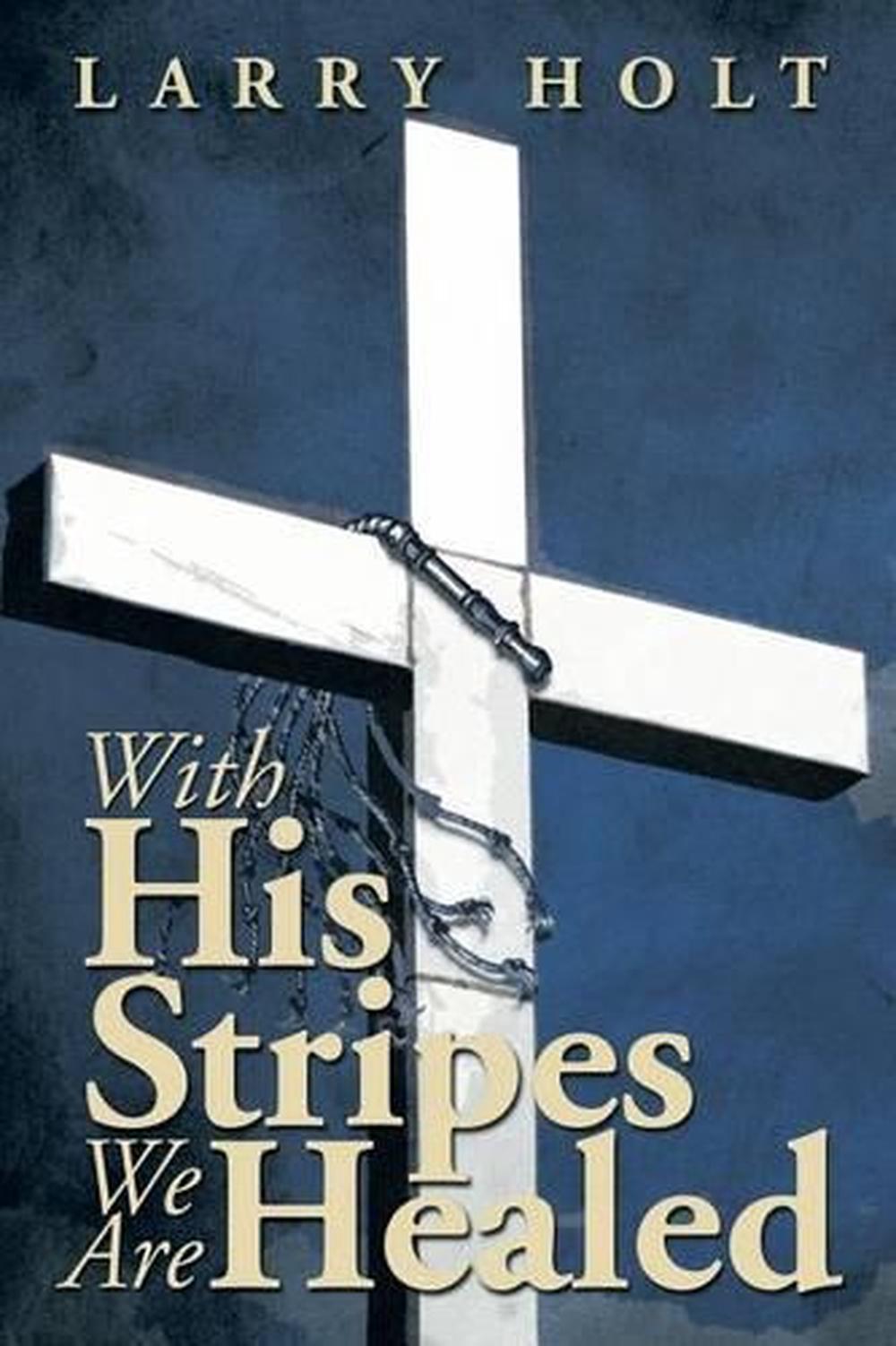

6), or “made his soul an offering for guilt” (v. 5d), but healed from what? How about our sins which “the Lord has laid on him” (v. 5c Rom 5:1), and it was by His wounds we are healed (v. 4), and was crushed for our iniquities, and by His chastisement, we have peace with God (v. 3), Who came to bear our griefs, sorrows and was considered afflicted by God (v. In reading Isaiah 53, some of the things that we see Isaiah focusing on by God’s Spirit, is Jesus was despised, rejected, a man of sorrows (v. Text taken out of context can become a pretext…and a false one at that! Context is king and no single verse should stand alone for a doctrinal belief. This introduces us to Isaiah 53 where we read about Jesus Christ Who “was despised and rejected by men, a man of sorrows and acquainted with grief” (Isaiah 53:3a), and as “men hide their faces he was despised, and we esteemed him not”(Isaiah 53:3b), so unless we understand the context of Isaiah 53:5 that we can be healed by His stripes, we will risk taking it out of context, which has happened so very much.

Kings shall shut their mouths because of him” (Isaiah 52:14-15a). Is Isaiah 53:5 a claim for healing? Can believer’s read that verse and claim it for themselves as I’ve heard many do? I have read this chapter from start to finish and have also noted that it appears Isaiah 52:13-15 is part of Isaiah 53 because the context is the suffering servant who was slain on behalf of those who trust in Him and it says, “As many were astonished at you-his appearance was so marred, beyond human semblance, and his form beyond that of the children of mankind -so shall he sprinkle many nations.

World English Bible And he hym silf bar oure synnes in his bodi on a tre, that we be deed to synnes, and lyue to riytwisnesse, bi whos wan wounde ye ben heelid.Is Isaiah 53:5 a promise that God will heal everyone? What’s the context of this verse? Context is King Weymouth Bible who his own self bore our sins in his body on the tree, that we, having died to sins, might live to righteousness by whose stripes you were healed. Webster's Bible The burden of our sins He Himself carried in His own body to the Cross and bore it there, so that we, having died so far as our sins are concerned, may live righteous lives. Darby Bible Who himself bore our sins in his own body on the tree, that we, being dead to sins, should live to righteousness by whose stripes ye were healed. Basic English Bible who himself bore our sins in his body on the tree, in order that, being dead to sins, we may live to righteousness: by whose stripes ye have been healed. American Standard Version (1901) He took our sins on himself, giving his body to be nailed on the tree, so that we, being dead to sin, might have a new life in righteousness, and by his wounds we have been made well. New American Standard Version (1995) who his own self bare our sins in his body upon the tree, that we, having died unto sins, might live unto righteousness by whose stripes ye were healed. King James Version (1611) - View 1611 Bible Scan and He Himself bore our sins in His body on the cross, so that we might die to sin and live to righteousness for by His wounds you were healed. Who his owne selfe bare our sinnes in his owne body on the tree, that wee being dead to sinnes, should liue vnto righteousnesse, by whose stripes ye were healed.


 0 kommentar(er)
0 kommentar(er)
